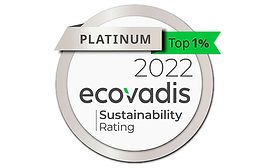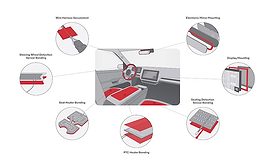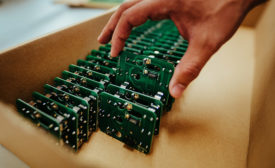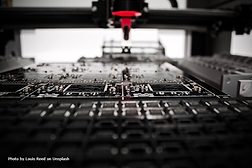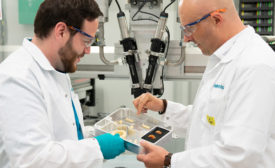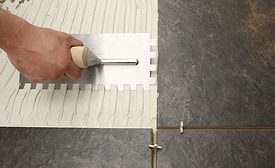Adhesives and Sealants Topics
Sustainable Cleaning in Electronics Production
It is critical to sustainably remove all manufacturing contaminants during printed circuit board assembly to ensure the proper adhesion of conformal coatings.
July 19, 2022
Taking a Resin Dispensing Process from Prototyping to Commercialization
Flexibility is needed in every step of a new adhesive or sealant product’s life cycle—from conceptualization to commercialization.
July 14, 2022
Keep the info flowing with our eNewsletters!
Get the latest industry updates tailored your way.
JOIN TODAY!Copyright ©2025. All Rights Reserved BNP Media.
Design, CMS, Hosting & Web Development :: ePublishing
